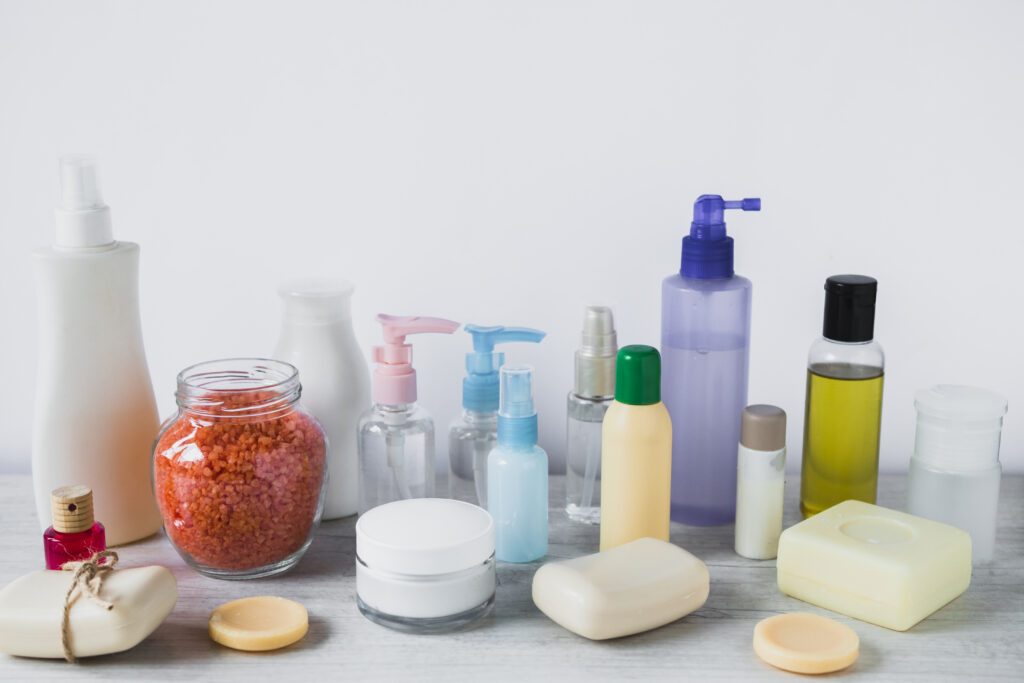Despite being frequently known for its use in skincare, cetyl alcohol has a wide range of uses that go beyond the world of beauty. This understated substance, which is mostly obtained from natural sources, has entered a number of markets to show off its adaptability and value. To explore the lesser-known fields where cetyl alcohol is crucial, we go beyond the conventional boundaries of skincare in this blog.
Cetyl Alcohol in Skincare: A Quick Recap
Skincare products frequently contain cetyl alcohol, which has two functions. It serves as an emollient, ensuring that skincare products like lotions, creams, and balms have a smooth and opulent texture when applied. It also functions as an emulsifier, facilitating the blending of substances with oil and water bases. Cetyl Alcohol has become a popular ingredient in the cosmetic industry as a result of these combined actions, which improve the overall feel and effectiveness of skincare products.
Although cetyl alcohol improves the texture and consistency of skincare formulas, some people, especially those with sensitive or acne-prone skin, are concerned about its comedogenic potential. As a result, its inclusion in skincare products frequently takes the target market into great consideration. On the plus side, Cetyl Alcohol has a non-greasy, velvety texture and is typically well tolerated, making it a good option for a variety of skincare applications. The key to optimizing the advantages of cetyl alcohol while limiting any potential disadvantages is careful formulation and awareness of the particular skin requirements of each individual.
Pharmaceutical Applications
The pharmaceutical industry uses cetyl alcohol extensively, particularly as an emulsifier and stabilizer. Its special qualities allow it to preserve the texture and consistency of numerous medicinal goods, ensuring homogeneity and extending shelf life. Cetyl Alcohol serves as a carrier for active compounds in pharmaceuticals, facilitating their absorption and dispersion. Additionally, it is essential for the formulation of topical pharmaceutical treatments since it gives ointments the right consistency for simple administration and absorption.
Cetyl Alcohol greatly benefits the pharmaceutical sector by improving patient satisfaction and efficacy. Better drug ingredient dispersion is made possible by its emulsifying characteristics, which is essential for oral suspensions and liquid formulations. Cetyl Alcohol eventually aids in correct dosage administration and ensures that patients receive the appropriate amount of medication by enhancing the stability and texture of medications, underscoring its significance in pharmaceutical applications.
Innovations and Trends: Cetyl Alcohol at the Forefront
Recent advancements in its uses have contributed to the continued evolution of cetyl alcohol utilization. Its potential in environmentally friendly, sustainable formulations has been investigated by researchers and product producers. Innovations like green solvents and biodegradable polymers, where Cetyl Alcohol is a key component, are gaining popularity. These changes are in line with the rising global emphasis on environmental responsibility and sustainability.
The skincare sector continues to be a key application area for cetyl alcohol in terms of trends. The move toward natural and clean-label skincare products is a noticeable trend. Cetyl Alcohol fits in perfectly with this trend due to its versatility in emulsification and capacity to stabilize compositions without sacrificing safety. Cetyl Alcohol also occupies a key role due to the pharmaceutical industry’s rising demand for specialist formulations. The move toward safer, more efficient, and environmentally friendly formulations is anticipated to put cetyl alcohol at the forefront of innovation and applications in a number of industries as consumers become more aware of ingredient lists.
Market Insight
The demand for mild and versatile emollients, like Cetyl Alcohol, is on the rise in the skincare and personal care sector, where consumers are increasingly looking for products with stable formulations and appealing textures, fueling the demand further. Additionally, the pharmaceutical and drug formulation sector sees a surge in the demand for Cetyl Alcohol.
The market for cetyl alcohol is anticipated to increase significantly in the future. Demand is anticipated to increase because to the growing interest in environmentally friendly and sustainable formulations. Changes in sourcing and production techniques to conform to eco-conscious practices may also be seen in the market. Additionally, because of continuing research aimed at improving Cetyl Alcohol’s capabilities, its market dynamics may change. For sectors using cetyl alcohol, keeping up with these changes will be essential to ensure they innovate and adapt to changing market trends and consumer tastes.
Conclusion
Cetyl Alcohol is a versatile component with a wide range of uses that go beyond cosmetics in a world of varied applications. Its importance in a variety of industries, including personal care and medicines, demonstrates its versatility and dependability. Understanding and investigating this versatile substance opens the door to creative formulations and environmentally friendly procedures, inspiring businesses to explore its diverse applications and unlock its potential across several fields.
Image by freepik via https://www.freepik.com/

